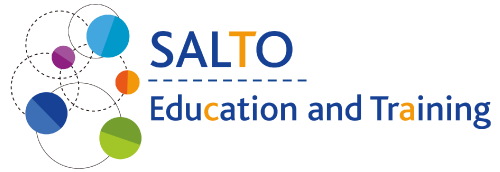Contact Seminar "Enhancing Digital Competences in Education and Training"
Main Info
TCA Description
The idea of the contact seminar is to develop ideas for the new cooperation partnerships on the issue of digital transformation, find partners with similar interests and get inspirational insights on digitalisation. The seminar will also give an opportunity to share experience and discover new approaches in the field. Seminar will be held at face-to-face format.
Expected results: New high-quality Erasmus+ KA2 project proposals to the next 2025 selection rounds. New contacts and possible contact partners for KA2 projects. Shared experiences and new ideas on digitalisation.
Digital technologies are key drivers of innovation, growth and job creation in the global world. However not everybody has the knowledge, skills, and attitudes to be able to use digital technologies in a critical, collaborative and creative way. The lack of digital competence of a large part of the EU population has dramatic repercussions on their employability perspective. The rapid digital transformation of the economy means that almost all jobs now require some level of digital skills, as does participation in society at large.
Being digitally competent is more than being able to use the latest smart phone or computer software — it is about being able to use such digital technologies in a critical, collaborative and creative way. One of the main challenges that require actions from educational sector is how to prepare the population to constantly keep updating digital competences in order to adapt in technologically diverse environment. Transnational collaboration and exchange of innovative ideas between European educational institutions through Erasmus+ programme is an opportunity for tackling these issues.
Digital competences play a significant role in education, especially in fostering a holistic approach that integrates digital literacy and innovative teaching methodologies. This includes the design and creation of digital learning materials; developing teachers' digital skills and guiding them in the use of digital tools in the classroom; adapting technologies to students’ everyday life (AI, games, VR, modelling, robotics); personalized learning; providing support for SEN students; developing new curricula, including blended or hybrid learning; and balancing between digital and environmentally sustainable approaches.
Partners and participants
The seminar is open to all participants interested in setting up cooperation projects on digitalisation in the field of general education.
Pending booked places
Accepted places


